Get Mental Health Improvement with Best Ibogaine Treatment in Mexico
Best Ibogaine Treatment in Mexico: Hope for Veterans with Addiction & PTSD
For many veterans, the return home marks the beginning of a different kind of battle – one fought against the invisible wounds of addiction, Post-Traumatic Stress Disorder (PTSD), Traumatic Brain Injury (TBI), depression, and anxiety. When conventional treatments offer limited relief, the search for alternatives can lead down unconventional paths. One such path gaining attention, particularly among veterans seeking profound change, is Ibogaine treatment.
Ibogaine, a psychoactive substance derived from an African shrub, is hailed by some as a powerful tool capable of interrupting addiction and facilitating deep psychological healing. Anecdotal reports and some preliminary studies suggest it might offer unique benefits, especially for those feeling stuck. However, Ibogaine is also surrounded by controversy, significant health risks, and legal restrictions, being illegal in the US and many other countries.
This has led many, including veterans, to seek treatment in places where it's accessible, making the phrase "Ibogaine Treatment Center in Tijuana Mexico" increasingly common in searches. But what exactly is Ibogaine? Does it truly offer hope, especially for veterans? What are the real dangers involved? And how can one possibly find the Best Ibogaine Treatment amidst the complex landscape of international clinics?
This guide aims to provide a balanced, comprehensive overview of Ibogaine – exploring its potential, acknowledging the serious risks, understanding the legal context, and offering guidance on how to evaluate treatment options with extreme caution.
What is Ibogaine and Where Does It Come From?
Ibogaine isn't a lab-created pharmaceutical; it's a naturally occurring psychoactive alkaloid found primarily in the root bark of the Tabernanthe iboga shrub, native to West Africa. For centuries, indigenous communities like those practicing the Bwiti religion in Gabon have used iboga root bark in spiritual ceremonies and initiation rituals.
In smaller doses, Ibogaine acts as a mild stimulant. However, in the larger doses typically used for therapeutic purposes, it induces a powerful, prolonged psychedelic state. It's chemically complex and interacts with various systems in the brain, which is believed to be the basis for both its potential therapeutic effects and its significant risks. It is not currently an approved medication in most parts of the world.
The Big Question: How Might Ibogaine Help with Addiction and PTSD?
The claims surrounding Ibogaine's effectiveness, particularly for addiction and trauma, are profound, though scientific validation is still limited. Here's a look at how it's thought to work:
Resetting the Brain? Ibogaine's Potential Effects on Addiction
One of the most compelling claims about Ibogaine is its potential to dramatically interrupt physical dependence on substances, especially opioids. It's believed to interact with multiple neurotransmitter systems in the brain – including opioid, serotonin, and dopamine pathways. Proponents suggest Ibogaine effectively "resets" these pathways, leading to:
The Psychedelic Journey: Insight and Processing Trauma
Beyond the physical effects, Ibogaine induces an intense and long-lasting psychoactive experience, often lasting 18 to 36 hours or more. This isn't typically described as recreational but rather as a deeply introspective state, sometimes referred to as a "waking dream" or involving a panoramic review of one's life memories.
For individuals struggling with addiction and PTSD, this intense internal journey is theorized to be therapeutic by:
However, this intense psychological experience can also be challenging, frightening, and emotionally overwhelming.
What Does the Science Actually Say?
It's crucial to separate anecdotal claims and theoretical mechanisms from robust scientific evidence. Currently:
The Rise of the "Ibogaine Treatment Center in Tijuana Mexico"
Tijuana, and the broader Baja California region of Mexico, has become a global hotspot for Ibogaine treatment centers. This is driven by:
This accessibility, however, comes with the significant caveat of variable quality and safety standards among clinics operating in an unregulated environment.
What to Expect: The Ibogaine Treatment Process
While protocols vary between centers, a responsible Ibogaine treatment process generally involves these key stages:
Step 1: Rigorous Screening is Non-Negotiable
This is the most critical step for safety. Before being accepted for treatment, individuals MUST undergo comprehensive medical and psychological evaluation to identify any contraindications. This includes:
Any center skipping or minimizing this screening process is putting clients at extreme risk.
Step 2: Preparation (Medical and Holistic)
Once cleared, preparation involves:
Step 3: The Ibogaine Session (Under Medical Supervision)
Step 4: Integration – Making Sense of the Experience
The Ibogaine experience itself is not the end of the treatment. Effective programs emphasize integration:
How to Choose an Ibogaine Treatment Center Safely
Searching for the "Best Ibogaine Treatment" requires shifting focus from marketing claims to rigorous safety verification, especially when considering centers in less regulated areas like Tijuana. Here’s what to prioritize:
What About Cost? Understanding Ibogaine Treatment Prices
Ibogaine treatment is generally expensive due to the intensive medical supervision required for safety, the duration of stay, and often, additional therapies. Costs in Mexico can range significantly:
|
Category |
Estimated Cost Range (USD) |
Details/Examples |
|
General Program Cost |
$6,000 – $15,000 |
Standard 5–14 day Ibogaine treatment programs |
|
Higher-End / Luxury Centers |
$9,500 – $23,000+ |
Includes holistic therapies, longer stays (up to 3–4 weeks), premium amenities |
|
Experience Ibogaine (Tijuana) |
$5,000 – $8,000 |
7–14 day treatment duration |
|
Ambio Life Sciences (Mexico) |
$7,850 (5-day group) – $23,000 |
Detox programs up to 21 days; veterans receive discounts ($6,850) |
|
Beond (Cancun, Mexico) |
$9,500 – $15,500 |
Tiered pricing based on booking time and availability |
|
Key Cost Factors |
Varies |
Program duration, private vs. group, staff ratio, luxury level, therapies, complexity |
Frequently Asked Questions (FAQs) about Ibogaine Treatment
Q1: Is Ibogaine a "cure" for addiction or PTSD?
A: No. Ibogaine is not a magic cure. At best, it may act as a powerful interrupter of addiction cycles and a catalyst for psychological processing. It can potentially offer a unique window for change by reducing withdrawal/cravings and facilitating insight. However, long-term recovery requires significant effort after the treatment, including ongoing therapy, support groups, lifestyle changes, and addressing the root causes of the issues. Relapse is still possible without dedicated integration and aftercare.
Q2: Are there any side effects of Ibogaine treatment?
A: Ibogaine carries significant, potentially fatal risks, primarily related to its effects on the heart (arrhythmias, cardiac arrest). Other risks include seizures, psychological distress, and interactions with other drugs. These dangers are amplified significantly if treatment occurs without rigorous medical screening, continuous monitoring by qualified professionals, and emergency readiness. It should never be taken outside of a controlled, medically supervised setting.
Q3: What does the Ibogaine experience feel like?
A: It's highly individual but generally described as an intense, prolonged (18-36+ hours) introspective and often visual psychoactive experience. Many report a "waking dream" state, reviewing past memories almost like a film. It can involve profound insights but also confront difficult emotions and traumas. Physical effects like nausea, vomiting, and ataxia are common during the acute phase. It's generally considered challenging, not recreational.
Q4: Why do people go to Tijuana for Ibogaine if it's risky?
A: Several factors drive people to seek treatment in Tijuana or other parts of Mexico:
Q5: Can Ibogaine help veterans specifically with PTSD and TBI?
A: Some preliminary evidence, notably the observational Stanford study on veterans treated in Mexico, suggests Ibogaine may lead to significant reductions in symptoms of PTSD, TBI-related functional impairment, depression, and anxiety. Veterans themselves report profound benefits anecdotally. However, this is not yet proven by large-scale controlled trials, and Ibogaine is not an approved treatment for these conditions. Veterans considering this path must weigh these potential benefits against the serious risks.
Q6: How long do the effects of Ibogaine last?
A: The acute psychoactive effects typically last 18-36 hours, with residual effects potentially lingering for days. The purported anti-addictive effects (reduced cravings/withdrawal) are claimed to last much longer, potentially weeks or months, possibly due to Ibogaine's metabolite, noribogaine, remaining in the system. However, the duration is highly variable, and maintaining benefits requires active participation in recovery and integration work.
Q7: What are the alternatives to Ibogaine for addiction/PTSD?
A: For addiction, evidence-based alternatives include Medication-Assisted Treatment (MAT) like buprenorphine (Suboxone), methadone, or naltrexone (Vivitrol) combined with behavioral therapies (CBT, DBT), counseling, and support groups. For PTSD, established treatments include therapies like Cognitive Processing Therapy (CPT), Prolonged Exposure (PE), Eye Movement Desensitization and Reprocessing (EMDR), and certain medications (SSRIs). Research is also ongoing into other psychedelics like psilocybin and MDMA for both conditions, conducted under strict clinical trial protocols.
Book Ibogaine Therapy in Mexico Today!
For veterans and others considering this path, especially looking towards an Ibogaine Treatment Center in Tijuana Mexico or elsewhere, the decision requires deep reflection, and extensive research. It is a journey that should only be undertaken with extreme caution and the utmost commitment to verifying safety protocols.
Navigating alternative treatments like Ibogaine requires careful consideration and access to reliable information. If you are exploring treatment options abroad for various conditions, contact PlacidWay today to discuss how we can help you find vetted providers, ensuring you prioritize safety and informed choice.
Ibogaine Treatment in Mexico for Addiction and PTSD
Keywords: Ibogaine Treatment in Mexico, Addiction Treatment in Mexico









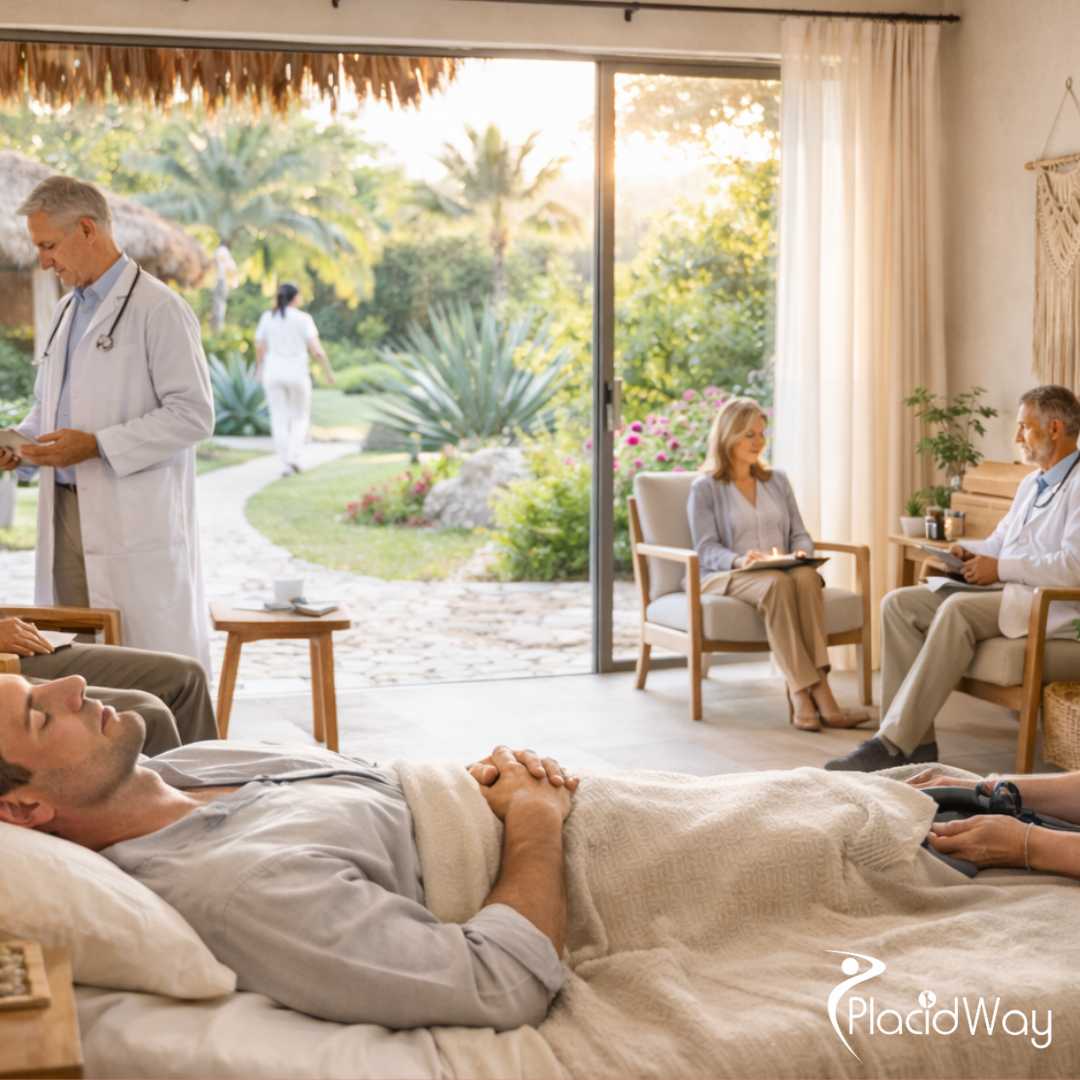

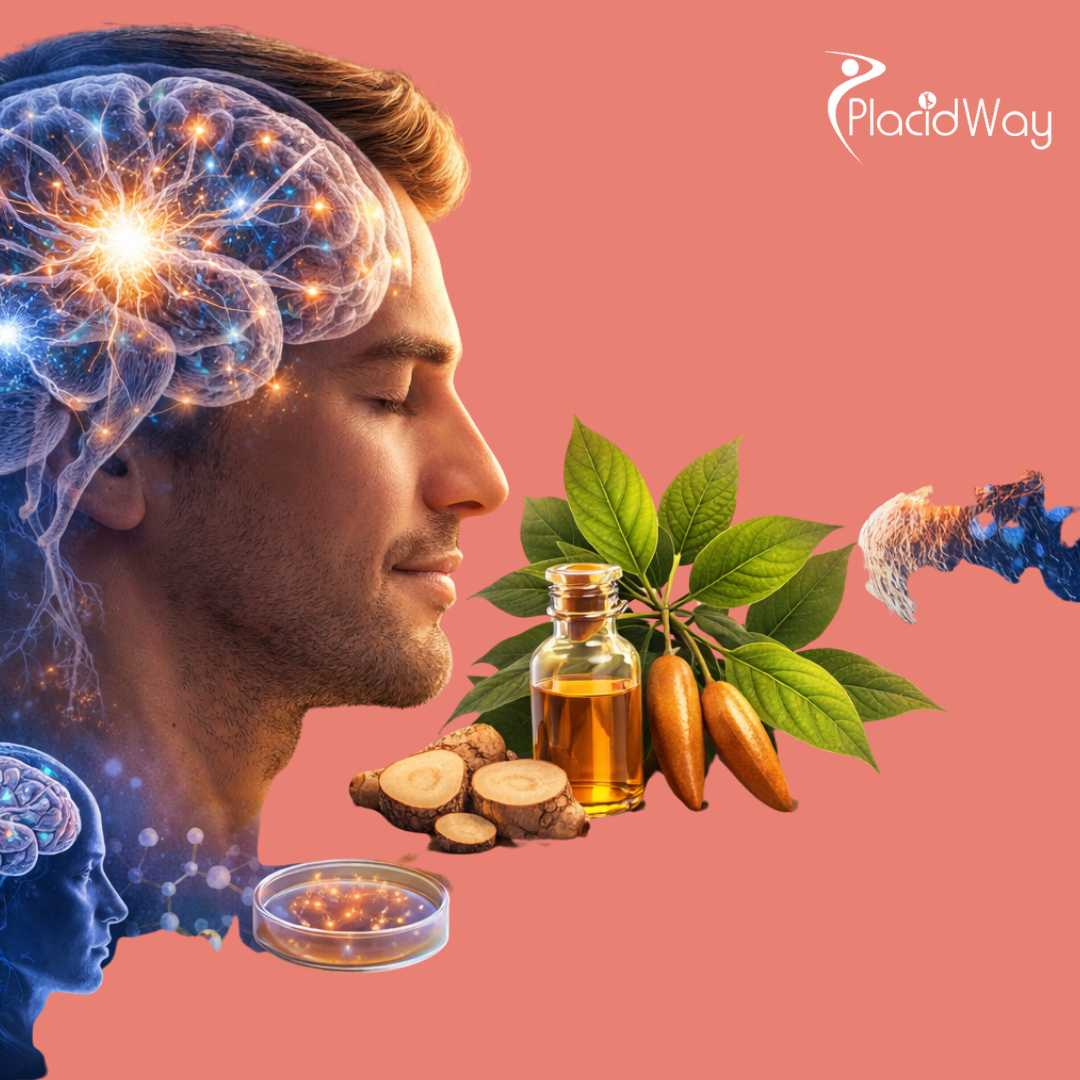
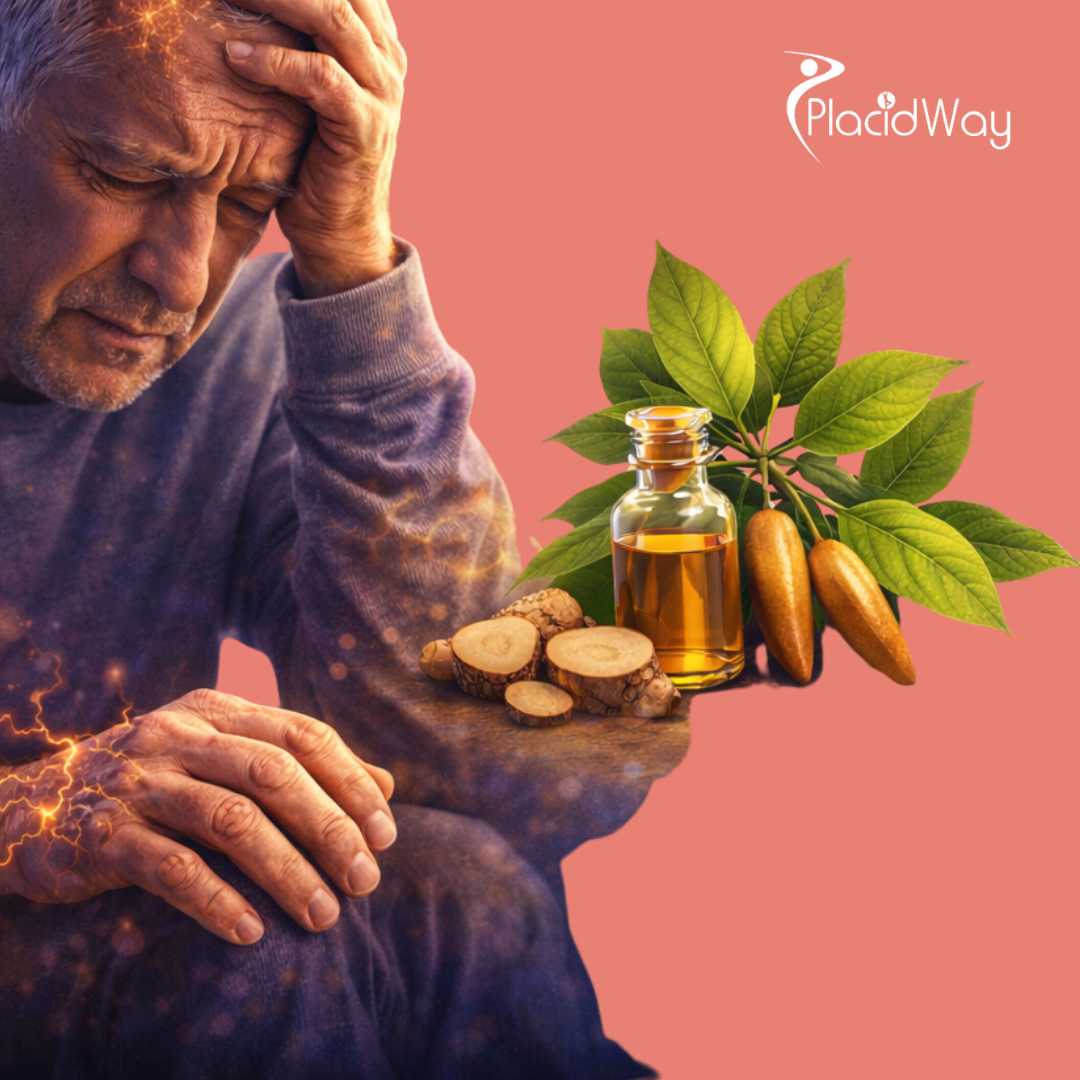

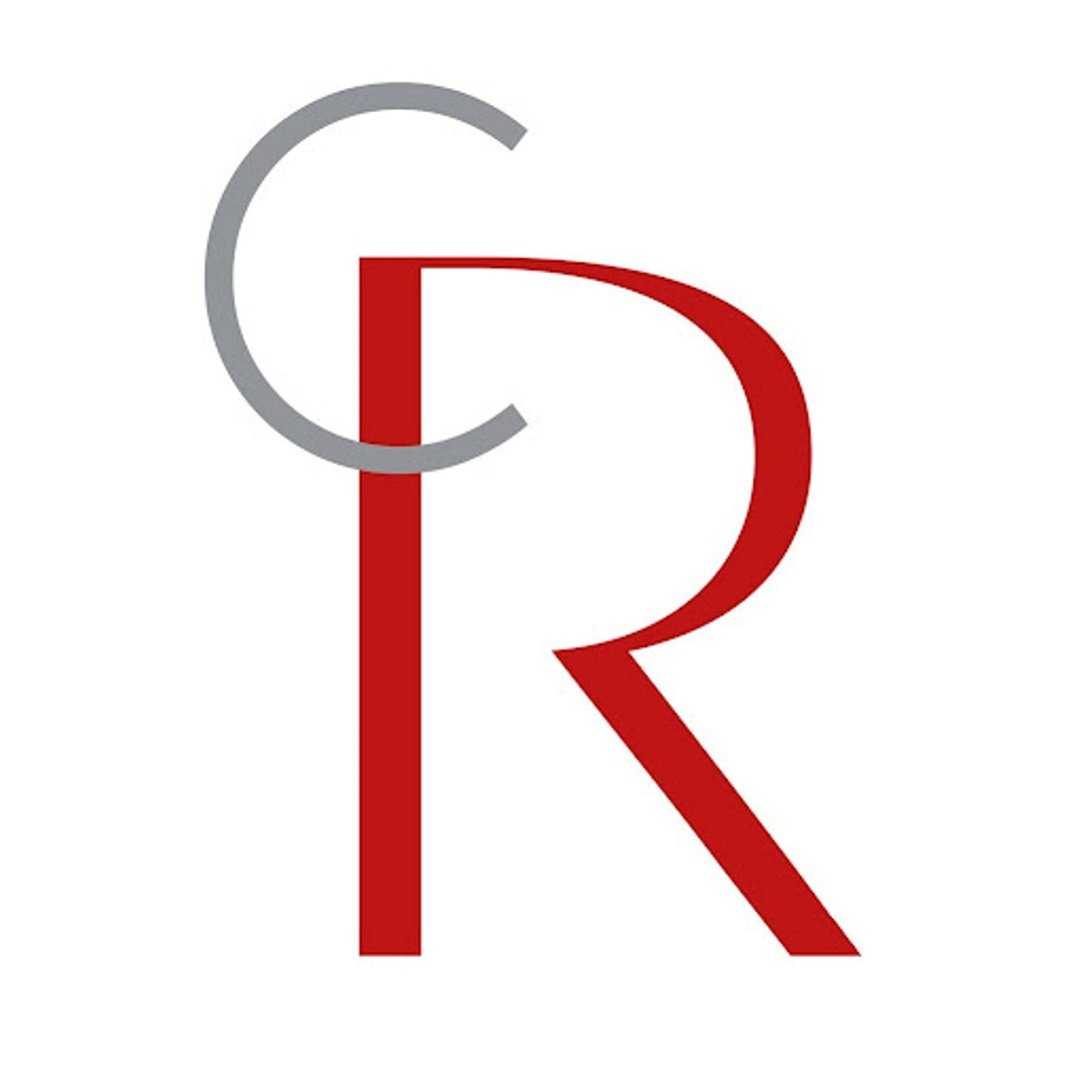
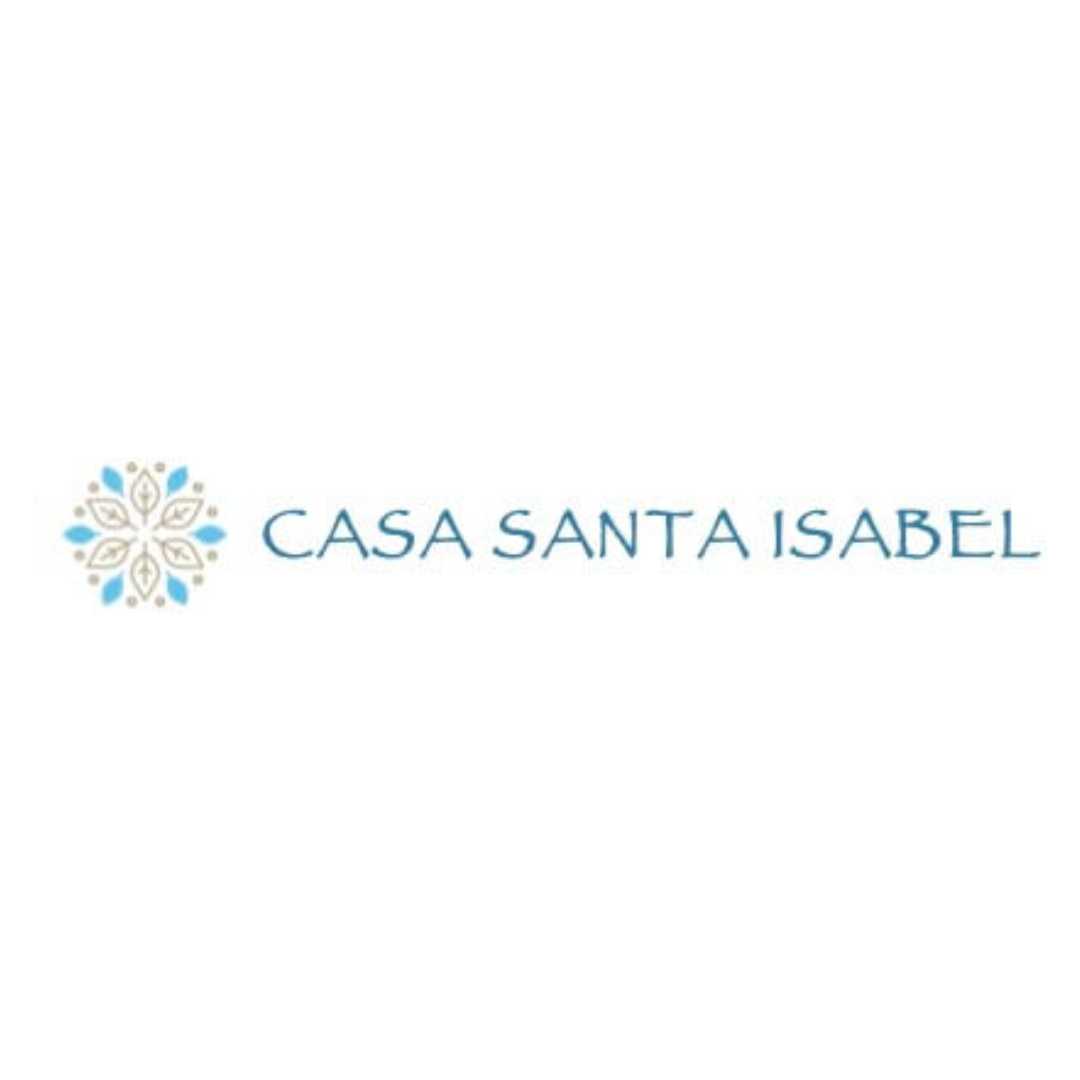
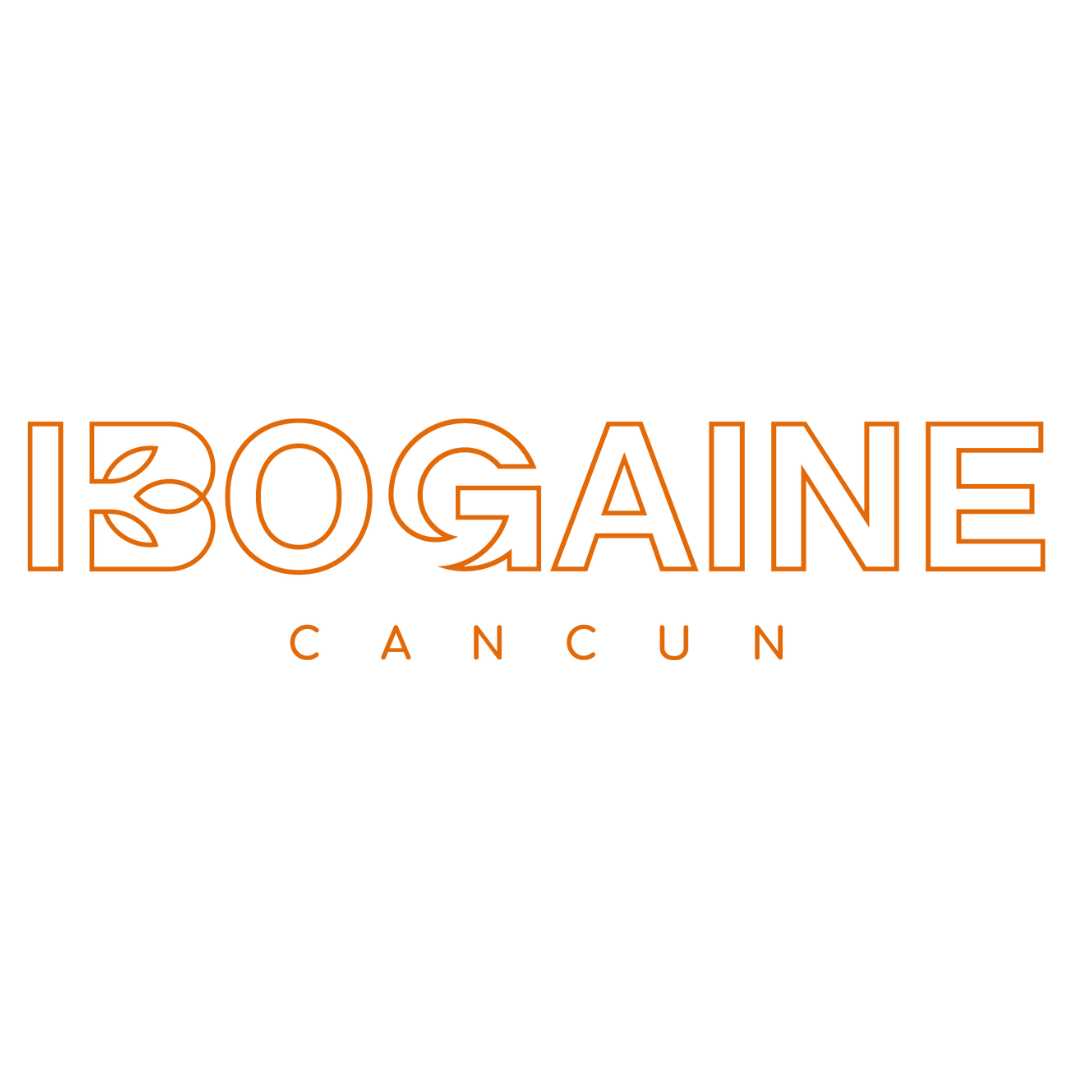
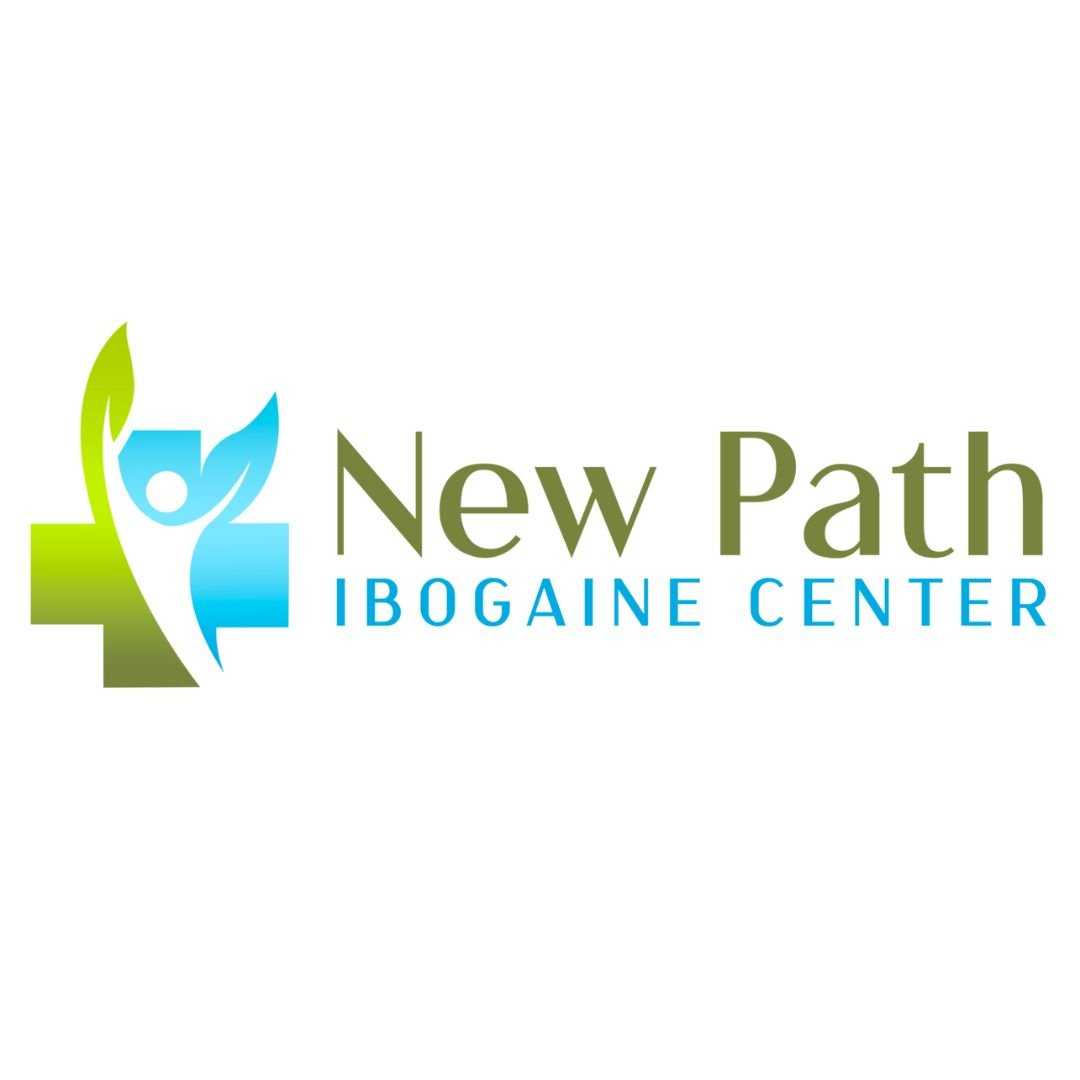

Share this listing